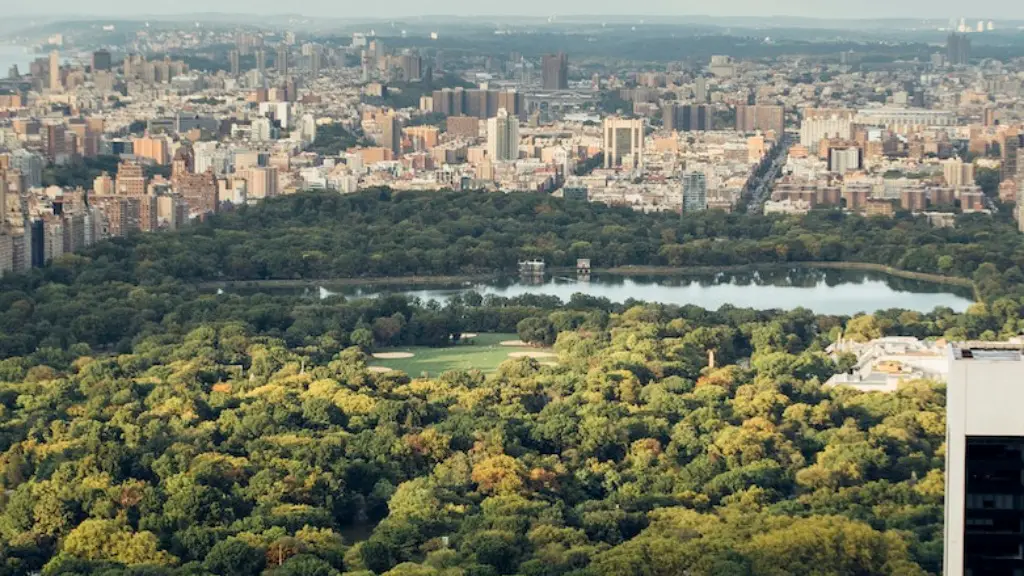The idea of global warming has become a concerning yet controversial topic in recent years, with an ever-increasing number of individuals debating the possible implications and consequences of the environmental phenomenon. In particular, the notion of whether widespread death is a realistic outcome of global warming has materialized and become subject to discourse. Despite the ubiquity of this issue, the answer is far from definite and ultimately relies on a multitude of factors.
To define the issue, it is essential to understand the meaning of global warming. By definition, global warming refers to the increase in Earth’s average surface temperature due to carbon dioxide emissions and other planet-warming gases. Although this phenomenon has been known to exist since the 1800s, the advancement of human industry and technological progress over the years has caused it to become more prominent and potentially more catastrophic. This is evidenced by the fact that according to National Geographic, the concentration of CO2 in the atmosphere has risen from around 278 parts per million in 1950, to slightly over 420 ppm today.
Moreover, research conducted by the UN Intergovernmental Panel on Climate Change suggests that if left unchecked, global warming could result in severe consequences for the environment and human population, such as the potential for extreme weather conditions, a dwindling of natural resources, and the escalation of sea level rise; all of which may lead to death. For example, in extreme cases of global warming, diseases such as malaria may become an everyday occurrence as a result of increasing temperatures, while perished crops as a result of draught could lead to starvation and malnutrition of particular populations.
However, an important factor to consider when examining the severity of global warming’s impacts are the swiftness with which these effects occur. This can vary drastically depending on the geographic area and other specific conditions. For instance, certain areas may be more vulnerable to the ill effects of global warming due to their proximity to the ocean. Other communities with limited transportation infrastructure may experience difficulty in acquiring food and water from a distance, thus leading to widespread death.
Additionally, the extinction of certain species as a result of global warming could make it difficult for some population groups to survive. This is likely to be the consequence of more frequent and intense heat waves and associated weather events, which may ultimately prevent certain species from obtaining the environmental conditions necessary for survival. This could pose a problem for some species that require specific terrains, such as mountain goats and certain types of fish, as they may not be able to access the necessary resources they need to flourish. Furthermore, as the climate continues to change, the likelihood of potential devastating bacterial and viral diseases skyrocketing is also greatly increased.
Thus, in the grand scheme of global warming, it is apparent that the answer to the query of whether we are all going to die from global warming is far more complex than one might initially assume. While it is possible that large-scale death is a potential consequence of out-of-control global warming, it is difficult to predict how quickly and severely the experience of a particular population may progress as a result of the phenomenon. Nonetheless, global warming should not be dismissed as merely a theoretical concept, as it is soon becoming one of the main detrimental threats facing humanity in the coming decades.
To combat the effects of global warming, collective action should be taken in an attempt to mitigate the environmental problem. This may include reducing carbon dioxide emissions, the adoption of sustainable energy practices, as well as researching effective strategies to capture carbon emissions and store them. Additionally, it is also important to spread awareness regarding this issue, while also educating individuals on ways in which they can personally contribute to environmental conservation and sustainability. Ultimately, with concerted effort, we may be able to mitigate the impact of global warming and the associated dangers, such as death, that may accompany it.

